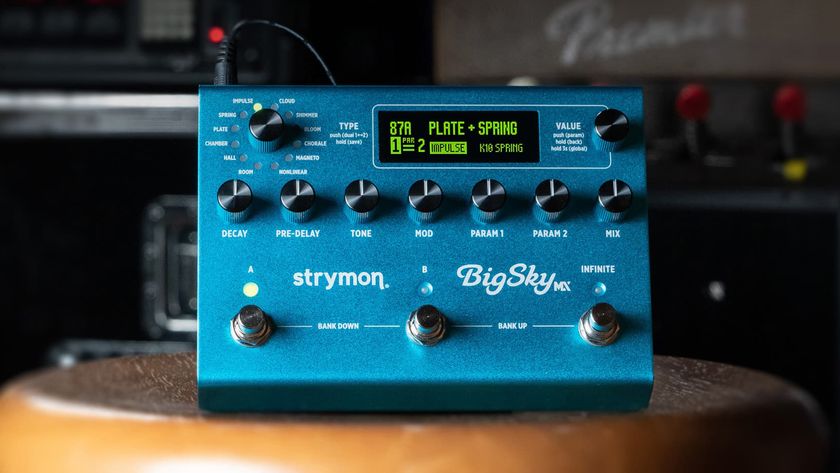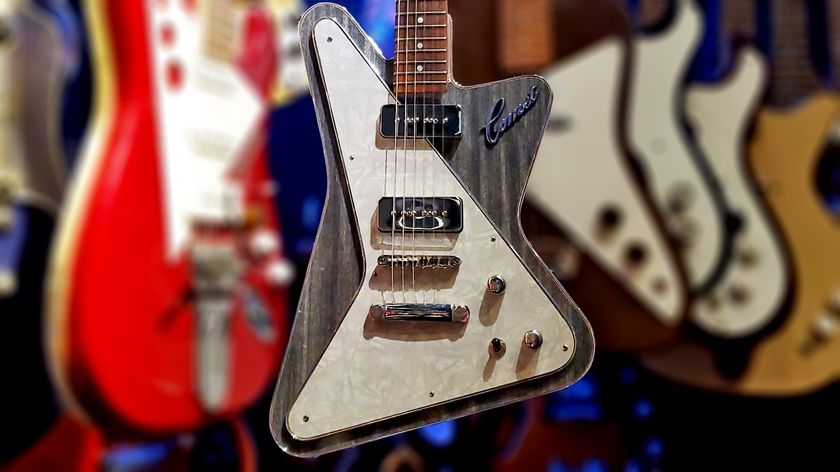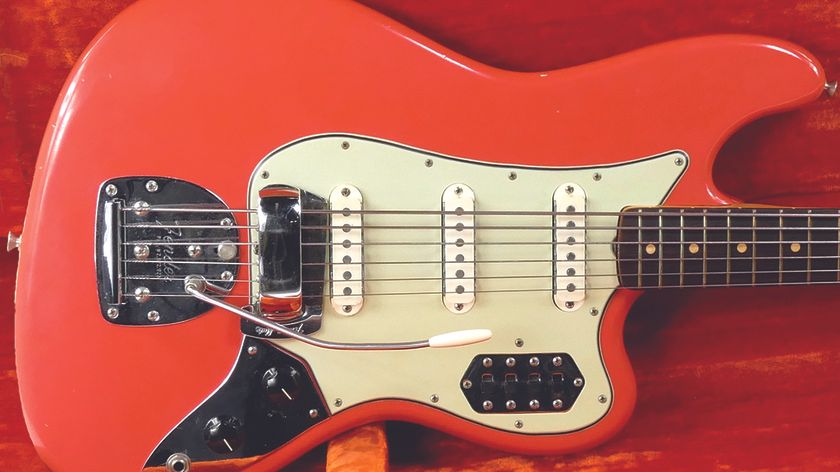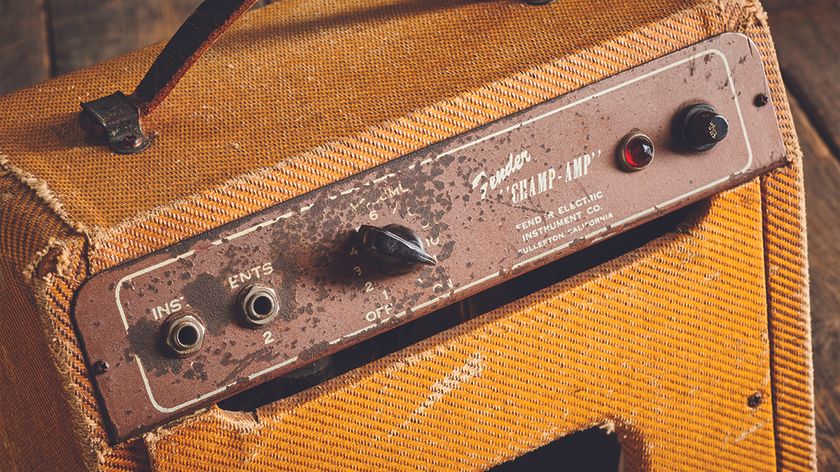Five Things You Need to Know About String Height
String height is essential to a guitar's playability. Here are five things to keep in mind when adjusting it.

1. It’s Where the Action Is
When we talk about a guitar’s “action,” we are primarily talking about string height, but it’s a feel thing that involves more than this simple equation might imply.
Higher strings will make a guitar feel more difficult to play - stiffer, slower, just harder work for your fingers - even if every other aspect of the instrument’s design and setup are exactly the same. A guitar that might otherwise be perfect for you can make a bad impression, and may be rejected, simply because the strings are set too high.
2. But Lowest Isn’t Always Best
Still talking pure feel for the moment, the absolute lowest possible string-height setting isn’t necessarily the best setting for all players or playing styles.
Certainly, for total shred and pure speed, as-low-as-possible is often desirable. For rootsier styles, though, with lots of blues bends, settings a little higher can give your fingertips more bite in the strings, more of that feel thing that is often described as “purchase” or “grip.”
If a super-low action feels fast and slick, but not quite meaty enough for your non-shred playing, try raising the strings up a little and see if it makes a difference.
3. You Can’t Slide on the Low Road
Whatever string height you prefer for your standard fretted playing, if you like to throw a little bottlenecking into your performance, super-low strings just aren’t going to cut it; you will find yourself knocking frets and creating unappealing “clunking” noises, and grounding out notes altogether.
Most guitarists who play purely, or mostly, bottleneck keep their strings much higher than is comfortable for standard playing, and that height makes slide work a breeze. If your style blends slide and standard fretting on the same guitar, experiment to find a happy medium.
Get The Pick Newsletter
All the latest guitar news, interviews, lessons, reviews, deals and more, direct to your inbox!
4. Feel Aside, String Height Is a Major Component of Tone
Keeping the strings as low as possible can deaden your tone in ways that might not be obvious. Even if the strings aren’t noticeably buzzing, their proximity to the frets with an extremely low action can inhibit their vibrational arc, impeding their natural resonance.
Hit the occasional chord with extra gusto and they are likely to rattle against your frets, too. Try this setup alternative: raise your strings up too high, then lower them gradually until they are just comfortable enough to play. Give your fingers a chance to adjust to this action, and see if your tone hasn’t improved from the original lower setting.
5. Magnetic Attraction Is Not a Good Thing
Low strings can butt heads with your pickups’ magnetic field. The strong magnetic pull of the neck pickup in particular - which is positioned where strings vibrate in a wider arc, and can therefore be influenced more - can really interfere with string vibration, and even pull strings out of tune if the two are too close.
Raising your strings might mean a little less output from the pickups, but often your tone will actually improve because of the freer vibration this allows. If you are lowering your strings, remember to lower your pickup heights accordingly to avoid any conflict.
Dave Hunter is a writer and consulting editor for Guitar Player magazine. His prolific output as author includes Fender 75 Years, The Guitar Amp Handbook, The British Amp Invasion, Ultimate Star Guitars, Guitar Effects Pedals, The Guitar Pickup Handbook, The Fender Telecaster and several other titles. Hunter is a former editor of The Guitar Magazine (UK), and a contributor to Vintage Guitar, Premier Guitar, The Connoisseur and other publications. A contributing essayist to the United States Library of Congress National Recording Preservation Board’s Permanent Archive, he lives in Kittery, ME, with his wife and their two children and fronts the bands A Different Engine and The Stereo Field.

“Those people are full of it! If you can hear those nuances, my hat’s off to you!” Joe Bonamassa weighs in on the allure of P90 guitar pickups with Bon Jovi's Phil X

"BigSky MX will be replacing the BigSky as my go-to reverb pedal. I’ve heard nothing that covers all the bases with such pristine and detailed audio quality." We crowned the Strymon BigSky MX the champ of multi-reverb pedals











